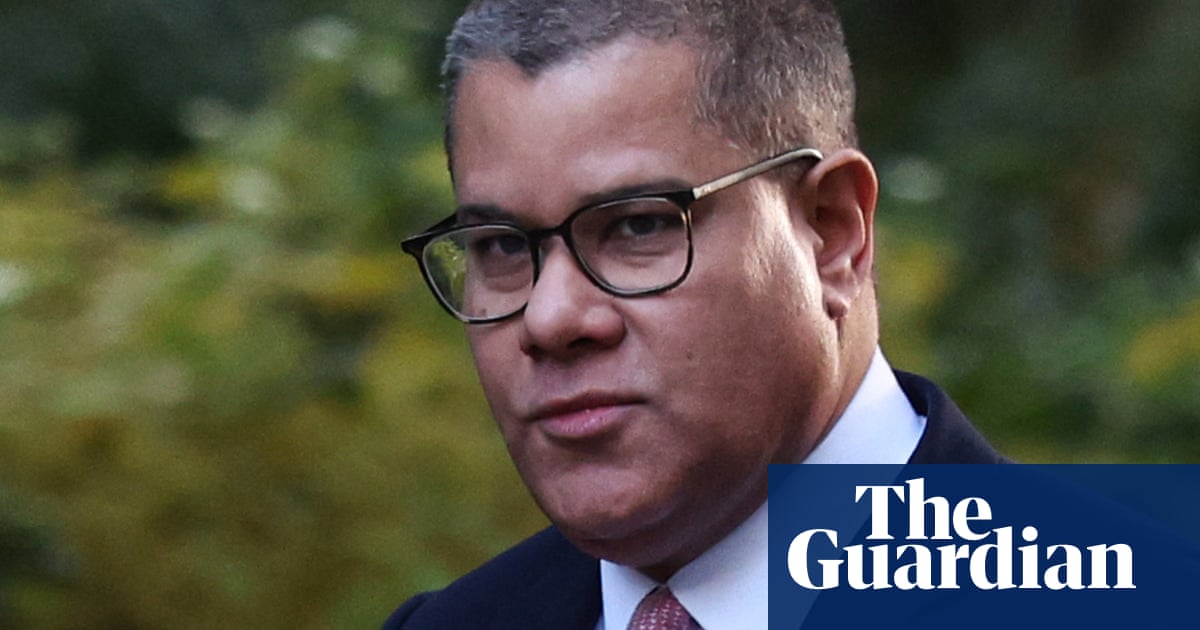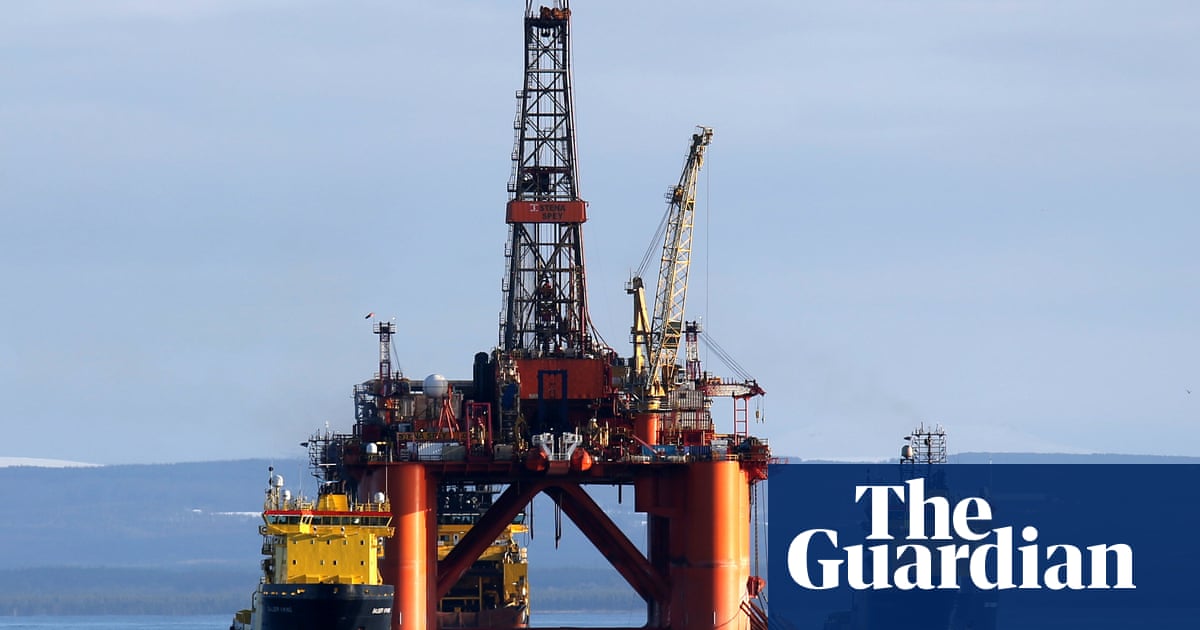
The Morrison government’s latest plan to spark a “gas-led recovery” from the Covid pandemic and bolster gas supplies has been panned as out of step with market trends and at odds with a net zero 2050 goal.
The national gas infrastructure plan, released on Friday, calls for the development of at least one major new gas basin before 2030 to meet projected domestic and export needs. Opening up new gas fields, though, will also require additional pipelines.
“Unlocking basins and getting gas to where it is needed will support our job-creating industries,” Angus Taylor, the federal energy minister, said.
“The Morrison government is serious about gas and acknowledges the important role it plays supporting jobs, food production, manufacturing, industry, exports and energy supply.”
Taylor said industry would be asked to join a new expression of interest process to identify “critical projects that require support to accelerate delivery”. The government committed $38.7m in the 2021-22 budget to speed up such ventures.
New sources of supply that may require such aid include NSW’s Narrabri coal seam gas project, possibly on stream by 2026, the Northern Territory’s Beetaloo Basin by 2025, and Queensland’s Galilee and North Bowen basins by 2028 or sooner.
The report assumes demand for gas in the east coast gas market to the mid-2030s will be “relatively stable across all demand scenarios”. That includes exports, which now make up about 70% of east coast supply.
Kevin Gallagher, chief executive of Santos, which owns the Narrabri project and has an interest in Beetaloo, welcomed the plan.
“The scarcity of new developments on the east coast is frightening,” he said. “If Australia does not continue to develop its oil and gas resources, then supply will simply come from places like Russia and the Middle East, and Australian workers and Australian living standards will be the poorer for it.”
He said the $3bn-plus Narrabri plan offered “the lowest cost gas available to New South Wales customers” and would be 100% committed to the local market.
‘Throwing away money’
But critics said the plan was out of step with market sentiment towards new fossil fuel projects and noted it avoided any mention of climate change. They pointed to the falling share of gas in the National Electricity Market even as renewable supplies increased as a key trend.
“Gas in electricity production is ancient history. It really is throwing away money [to support new gas infrastructure],” said Bruce Mountain, director of the Victoria Energy Policy Centre.
“It’s reaching back to the horse and cart.”
Suzanne Harter, a climate change campaigner at the Australian Conservation Foundation, said the 34-page plan directly contradicted commitments to keep global warming to less than 1.5C that the Morrison government signed up to in Glasgow at Cop26 earlier this month.
Harter noted “the government stands ready” to fill gaps “where private sector investment is not available in time to ensure priority infrastructure projects”, according to the report.
“It is completely out of sync with global market trends which are to get out of fossil fuels,” she said, adding that Beetaloo and Narrabri were “climate bombs” in terms of their potential emissions.
Federal Greens leader Adam Bandt said the plan was proof “Australia has no pathway to net zero, even by too-late 2050”. The Greens want net zero emissions to be reached by 2035.
“If Labor are serious about climate action, they’ll join the Greens next week in the Senate to block fracking the NT at Beetaloo and Santos’ rorting of carbon capture and storage,” Bandt said.
Guardian Australia approached Labor for comment.
While the report emphasised that state and territory governments had a role in “encouraging the timely development of gas reserves” to head off shortages, coordination appears to be limited.
NSW government officials, for instance, say they have not been approached for assistance to help develop the Narrabri gas field.
Predicting gas demand is also challenging. Explosives maker Orica accounts for as much as 15% of demand in the state and whether it cut usage or switched to hydrogen in the future could play a swing role in the future gas market.












